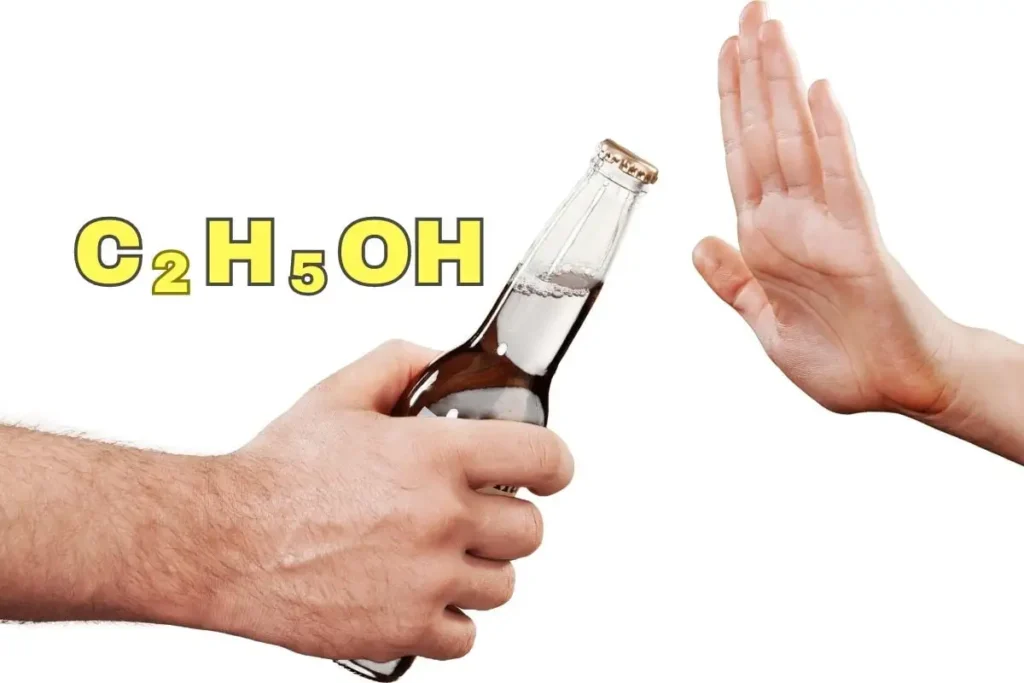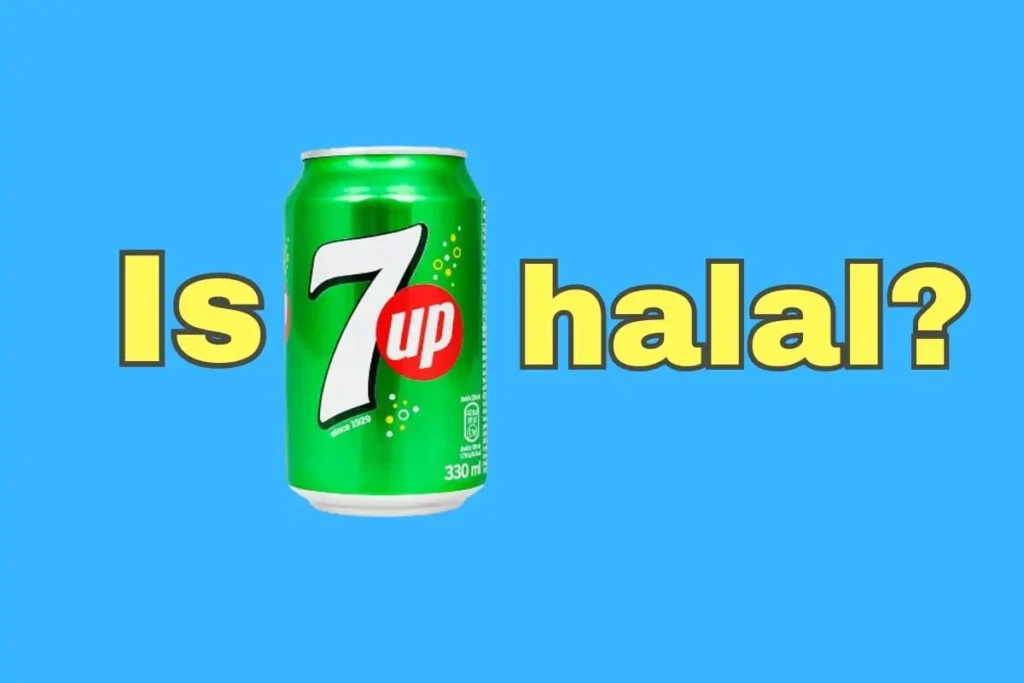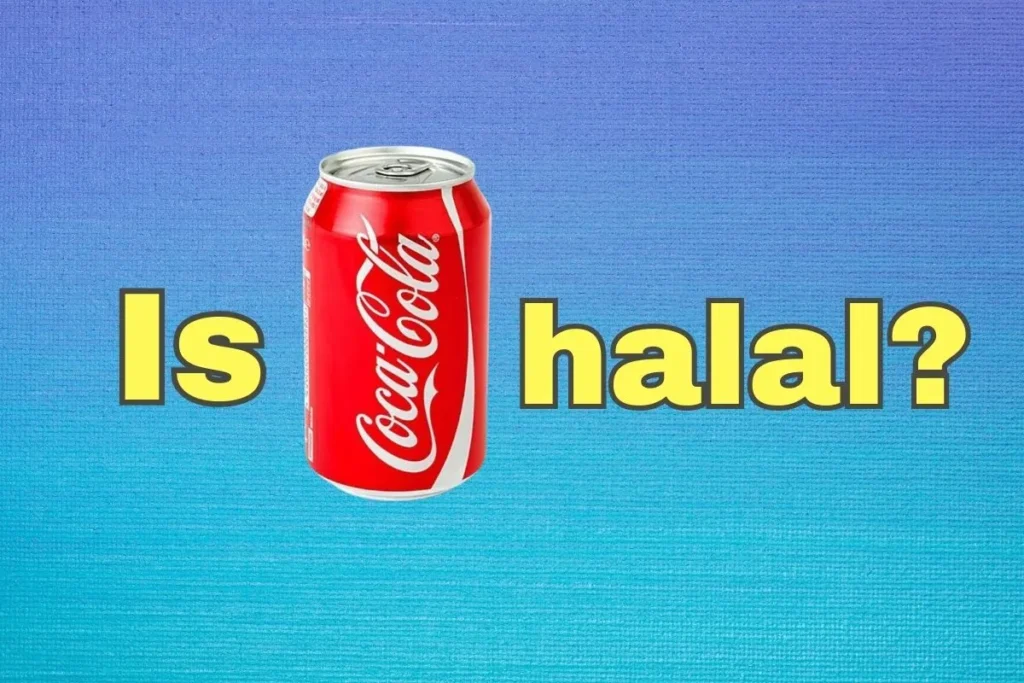Let’s address a common inquiry – the halal status of Zephyrhills. Be assured, that it is indeed halal and safe for you to consume. Now, let’s explore why it’s classified as halal.
Key Takeaways
| ✅ Zephyrhills water is considered halal and safe for consumption by individuals who follow halal dietary guidelines. It is sourced from natural springs in Florida and does not contain any added ingredients or chemicals. ✅ In Islam, the general principle is that most foods and beverages are considered permissible (halal) unless explicitly declared forbidden (haram) by religious texts. Water is generally considered halal, but the source and ingredients should be evaluated to ensure compliance with Islamic dietary guidelines. |
| ✅ Zephyrhills water undergoes minimal processing and is regulated by the Florida Department of Environmental Protection to meet safety and quality standards, making it a popular choice for those seeking reliable and refreshing spring water options. |
About Zephyrhills
Zephyrhills is a well-known brand of spring water available in the United States, regionally distributed by BlueTriton Brands. The water is sourced from multiple natural springs in Florida, including Ginnie Springs, Crystal Springs, Cypress Springs, White Springs, and Spring of Life in Lake County.
Its origins trace back to the Zephyrhills Spring Water Company, established in 1957 by Don Robinson, although it wasn’t until 1964 that the water was officially bottled under the Zephyrhills Water name. Throughout its history, the ownership of Zephyrhills Water has changed hands twice.
In 1987, Nestlé acquired the brand through its subsidiary, Perrier. More recently, in 2021, Nestlé sold the company to a group of investment firms, including One Rock Capital Partners and Metropoulos & Co.
Zephyrhills water can be conveniently found at local stores and through various online retailers, making it easily accessible to consumers. The water’s quality is regulated by the Florida Department of Environmental Protection, ensuring that it meets the necessary standards for safe consumption.
With its refreshing source from natural springs in Florida and stringent quality control measures, Zephyrhills water continues to be a popular choice for those seeking reliable and refreshing spring water options.
About Halal in Food
Halal products are food or beverages that meet the criteria for permissible consumption according to the guidelines set forth in the Quran, the holy book of Islam. In simpler terms, Halal means that Muslims are allowed to consume these products.
Conversely, Haram refers to items that are considered forbidden in Islam. These items are prohibited under Islamic law and are not permissible for Muslims to consume. In simpler terms, Haram signifies something that is not allowed according to Islamic principles.
In Islam, the general principle is that the majority of foods and beverages are considered permissible (Halal) unless they have been explicitly declared forbidden (Haram) by Allah or His Prophet.
This principle extends to beverages, including water, which is generally considered Halal in Islam. However, it’s important to note that certain factors can impact the status of water and determine whether it remains Halal.
يَـٰٓأَيُّهَا ٱلنَّاسُ كُلُوا۟ مِمَّا فِى ٱلْأَرْضِ حَلَـٰلًۭا طَيِّبًۭا وَلَا تَتَّبِعُوا۟ خُطُوَٰتِ ٱلشَّيْطَـٰنِ ۚ إِنَّهُۥ لَكُمْ عَدُوٌّۭ مُّبِينٌ
“O humanity! Eat from what is lawful and good on the earth and do not follow Satan’s footsteps. He is truly your sworn enemy.”
The source of water plays a crucial role in determining its Halal status in Islam. If the water comes from a clean and natural source without any forbidden substances, it is considered permissible (Halal). However, if the water contains additives or flavors that are prohibited in Islam, its Halal status may be questioned.
Determining whether a specific food or drink is deemed Haram (forbidden) in Islam involves a thorough evaluation process. This process considers factors such as the presence of harmful substances, guidance from Allah and His Prophet, and the avoidance of intoxicants and high alcohol content.
It would be helpful to provide the specific verse or reference from the Quran for accurate information:
وَأَنفِقُواْ فِي سَبِيلِ ٱللَّهِ وَلَا تُلۡقُواْ بِأَيۡدِيكُمۡ إِلَى ٱلتَّهۡلُكَةِ وَأَحۡسِنُوٓاْۚ إِنَّ ٱللَّهَ يُحِبُّ ٱلۡمُحۡسِنِينَ
“And spend of your substance in the cause of Allah, and make not your own hands contribute to (your) destruction; but do good; for Allah loves those who do good.
The Quran serves as an essential resource, offering an exhaustive list of foods that are forbidden, accompanied by dietary guidelines, as stated in this verse:
حُرِّمَتْ عَلَيْكُمُ الْمَيْتَةُ وَالدَّمُ وَلَحْمُ الْخِنْزِيرِ وَمَا أُهِلَّ لِغَيْرِ اللَّهِ بِهِ وَالْمُنْخَنِقَةُ وَالْمَوْقُوذَةُ وَالْمُتَرَدِّيَةُ وَالنَّطِيحَةُ وَمَا أَكَلَ السَّبُعُ إِلَّا مَا ذَكَّيْتُمْ
“It is forbidden for you (to eat) carrion, blood, pork (an what) slaughtered in the name of other than Allah, those who are suffocated, those who are beaten, those who fall, those that are gored and are eaten by wild animals, except those that you could slaughter”
In Islamic law, the consumption of substances that can cause intoxication or contain high levels of alcohol is strictly regulated based on Fatwa (Islamic legal rulings). This includes items such as alcoholic beverages, drugs, narcotics, and substances with psychoactive effects.
When assessing products like Zephyrhills, it is crucial to analyze the ingredients thoroughly to ensure they comply with Islamic dietary guidelines. Performing a comprehensive evaluation is important for understanding the potential health effects of these products.
Zephyrhills Ingredients
According to its official website, Zephyrhills water does not contain any added ingredients. It is sourced directly from natural springs and undergoes minimal processing before being bottled.
Is Zephyrhills Halal?
Zephyrhills water is considered halal since its ingredients align with halal principles. Although it may not have halal certification, it is safe for consumption by individuals who follow halal dietary guidelines, as we previously discussed.
Find out more:
Is Vitaminwater Halal?
Is Aquafina Halal?
Allahu A’lam (Allah knows best)
FAQ
Is Zephyrhills an Israeli product?
There is no evidence to suggest that Zephyrhills is an Israeli product. Zephyrhills is a brand of 100% natural spring water, sourced from carefully selected springs.
While the water is available in Israel, there is no indication that it is an Israeli product. Therefore, Zephyrhills is not of Israeli origin.
Is Zephyrhills healthy?
The company uses a filtration system to remove impurities from the water, ensuring its safety and purity. Zephyrhills water is naturally filtered and contains essential minerals such as calcium and magnesium that are beneficial for our health.
Additionally, Zephyrhills water does not contain any fluoride, making it a great choice for those who are seeking a healthy option for their drinking water.
While some Zephyrhills products may be treated with chlorine for safety and purity, the majority of their water does not contain chlorine. Overall, Zephyrhills water is a healthy option for those looking for a natural source of hydration that contains essential minerals.
Does Zephyrhills use any additives or chemicals in their water?
Zephyrhills Water does not use any additives or chemicals in its water. The company uses a filtration system to remove impurities from the water, ensuring its safety and purity. While there have been concerns raised about the possibility of chemical contamination in Zephyrhills water, it is generally considered safe to drink. I
Overall, Zephyrhills water is sourced from natural springs and undergoes minimal processing, indicating that it does not contain any added additives or chemicals.
Does Zephyrhills spring water?
Zephyrhills spring water is a natural source of hydration that is sourced from several natural springs in Florida. The water undergoes minimal processing and is naturally filtered, ensuring its safety and purity. Zephyrhills water does not contain any added additives or chemicals, making it a healthy option for those looking for a natural source of hydration.
Is Zephyrhills BPA-free?
Yes, Zephyrhills water bottles are BPA-free. This ensures the safety of consumers and reduces environmental impact. The 5-gallon bottles are made of PET 1 plastic, which is BPA-free.
Does Zephyrhills water distilled?
Zephyrhills does offer distilled water as one of their products. Distilled water is purified water that has gone through a meticulous distillation process, resulting in pure bottled water. Distilled water is often used for specific purposes such as medical applications, laboratory use, or in certain household appliances that require mineral-free water.
- Is Pop Tarts Halal? What You Need to Know - February 18, 2024
- Are Graham Crackers Halal in Islam? - January 19, 2024
- Is Keebler Wheatables Halal? - January 18, 2024





